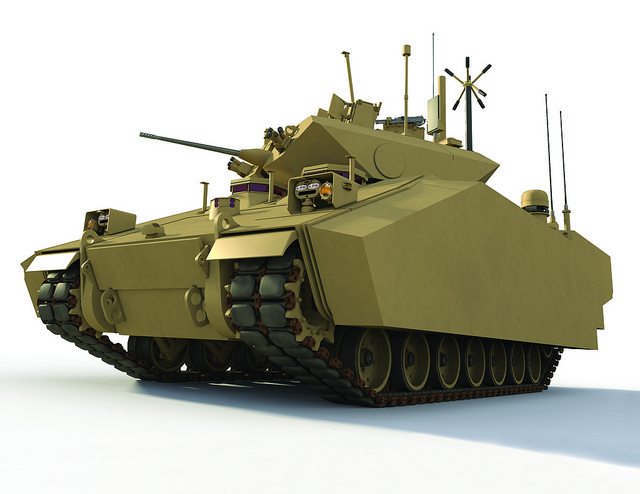In advance of possible extreme budget cuts that could arrive in March, Army leadership has called for an immediate hiring freeze and spelled out other pre-emptive measures meant to help the service prepare for a fiscal cliff.
In a memo dated Jan. 16, Secretary of the Army John M. McHugh and Chief of Staff of the Army Gen. Ray Odierno laid out 15 “near-term” actions to help the Army “reduce our expenditure rate and mitigate budget execution risks in order to avoid even more serious future fiscal shortfalls.”
“We expect commanders and supervisors at all levels to implement both the guidance contained in this memorandum and the detailed instructions to follow,” wrote McHugh and Odierno. “The fiscal situation and outlook are serious.”
WHAT HAPPENS NOW
First among those actions is an immediate freeze on civilian hiring, though Army leaders have left commanders with some latitude in the policy for “humanitarian and mission-critical purposes.” Also among employment-related measures spelled out in the memo is a termination of temporary employees when “consistent with mission requirements.”
The memo also directs installation commanders to reduce base operations support for fiscal year 2013, which runs from Oct. 1, 2012 to Sept. 31, 2013, to levels that are about 70 percent of fiscal year 2012. Commanders have been asked to reduce support to community and recreational activities and to also reduce utilities consumption “to the maximum extent possible.”
Non-mission-essential training activities are also up for reduction. In particular, training not related to maintaining “readiness for Operation Enduring Freedom, the Korean forward-deployed units, Homeland Defense and the Division Ready Brigade.” Also targeted is conference attendance and professional training that is not mission essential.
The secretary and the chief have also directed installation commanders to cease facility sustainment activity that is not “directly connected to matters of life, health or safety,” and to stop restoration and modernization projects.
Army senior leadership has also spelled out changes for Army acquisition, logistics and technology. All production contracts and research, development, testing and evaluation contracts that exceed $500 million must be reviewed by the under secretary of defense for acquisition, logistics and technology.
The assistant secretary of the Army for acquisition, logistics and technology must also assess the impacts of “budgetary uncertainty” on science and technology accounts.
The secretary and chief of staff state civilian furloughs could be a “last resort” possibility in fiscal year 2013. “Therefore, no action should be taken with regard to furloughs without the express approval of the secretary of the Army.”
Any measures taken as a result of the Jan. 16 memo must be reversible, the document states.
“At this point, the steps should focus on actions that are reversible if the budgetary situation improves and should minimize harm to readiness,” McHugh and Odierno write.
The memo also notes that “funding related to wartime operations and Wounded Warrior programs” will not be affected.











